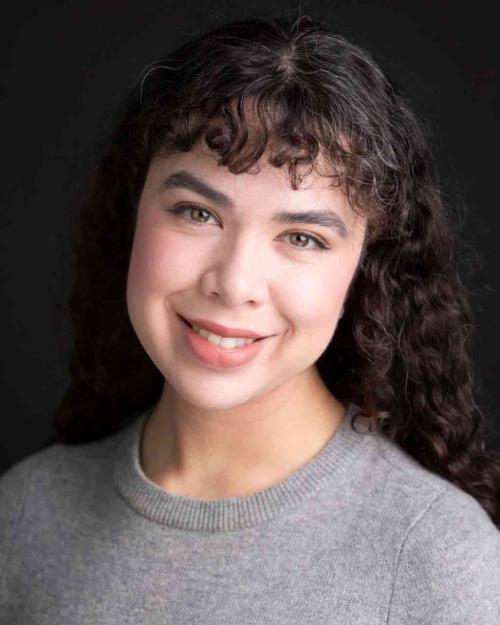
Project Title: Re-examining Feminist Approaches to Medieval Stories about Women
Project Description: How can we read stories about women more responsibly? When we read stories from long ago (12-14th century) about women, what do we notice, and what do we ignore? Why? I will ask these questions about medieval and early modern stories about women written in French, Italian, English, and Latin, and the modern feminist responses to them. I will work at the intersection of these languages and three areas of scholarly inquiry: medieval studies, comparative literature, and feminist, sexuality, and gender studies. My goal is to address what current strengths and issues lie in how feminist critics approaches these stories, so that I can (1) observe what these critics understand “feminist scholarship” to be and (2) offer my perspective on how to interact with “feminist scholarship” more judiciously; alongside, I want to investigate how these stories and their feminist critics construct and make assignments to the categories “Woman” and “feminine,” and when they might do so graciously or problematically. I will evaluate the relevant feminist criticism of Giovanni Boccaccio, Geoffrey Chaucer, Marie de France, Chrétien de Troyes, and other medieval and early modern writers, paying particular attention to what language, evidence, questions and conclusions these critics use to build their arguments. Informed by Marilyn Migiel’s work, my hypothesis is that many modern feminist scholars (1) may seek to resolve ambiguous gender ideology into a clear picture, and (2) may prioritize their own feminist agenda over the text itself. As a result, these scholars may mishandle and/or ignore certain textual evidence so that their argument remains intact, but when they do so, they read in a less responsible, less accurate way. Curiously, in some cases they may even read contrary to their own feminist agenda, and it is situations like these that show why reexamining “approach”—rather than “story”—is important. For, when we tend to how feminist critics work with what they read, we may better tend to how feminist ideology works in the first place.
Most Important achievement: Becoming a College Scholar.
Reflections on the College Scholar Program: I think it is a most liberating opportunity. You are acknowledged as a student who aims to be earnest, critical, and simply curious in their scholarship, and you have been gifted trust, space, and resources to do so. Planning out a serious research project only a year after arriving at university can be a bit overwhelming, but to know that I am really not alone, and instead in community with a group of colleagues and faculty committed to working with each other, I can let go of my fears and move forward.